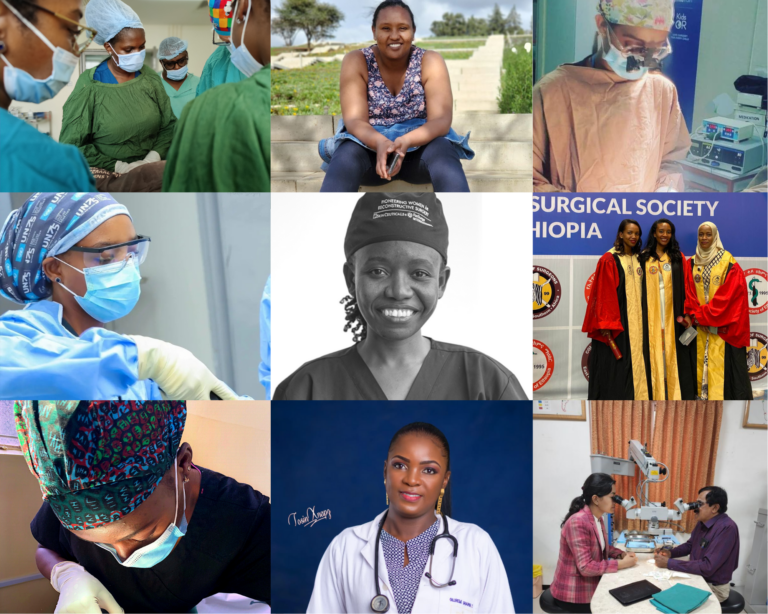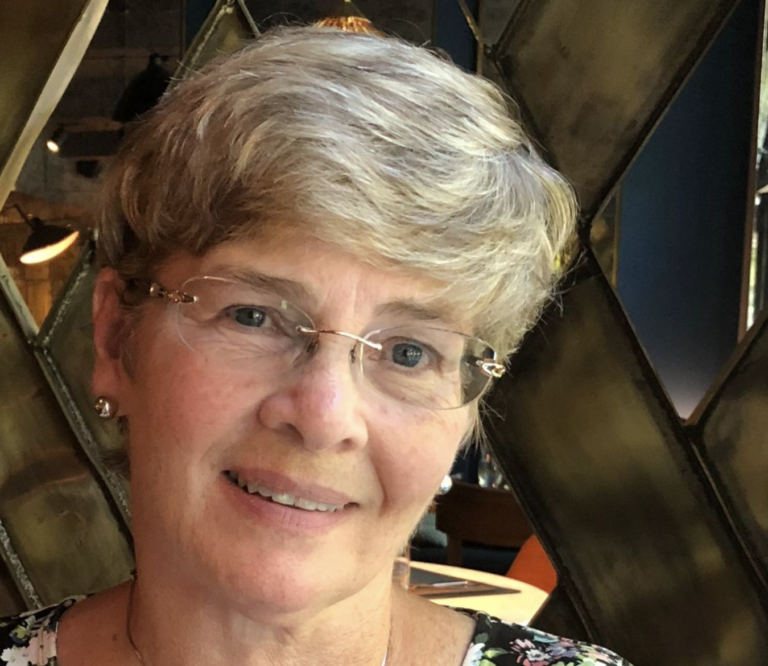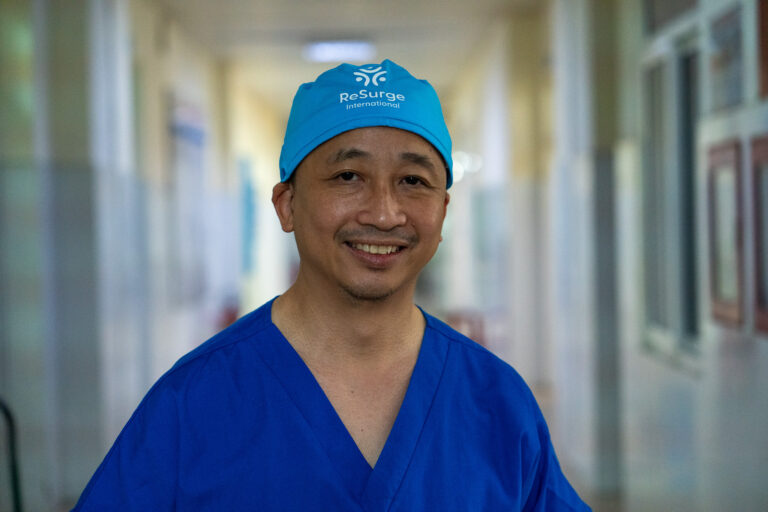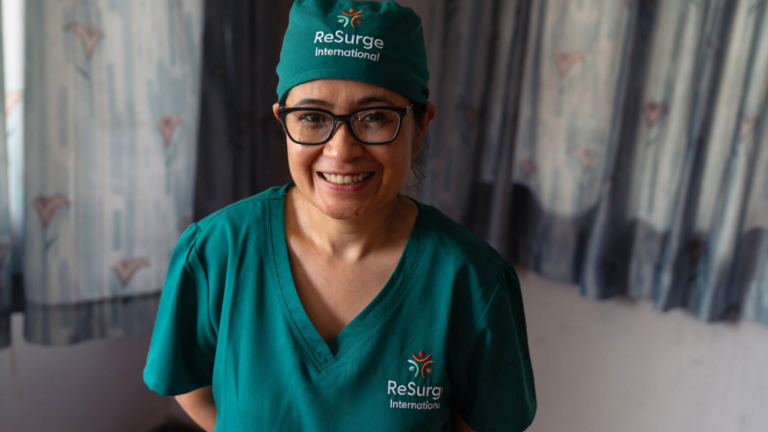The Matolase Mtonga Scholarship Program
Though women comprise more than 50% of the population, they represent only 7% of the surgical workforce. In 2021, we tragically and unexpectedly lost the life of one of these women, Dr. Matolase Mtonga. Dr. Mtonga was part of the Pioneering Women in Reconstructive Surgery (PWRS) program. She had a bold vision to be the first female reconstructive surgeon in Zambia and was part of a mission to advance first-generation women reconstructive surgeons in underserved parts of the world.
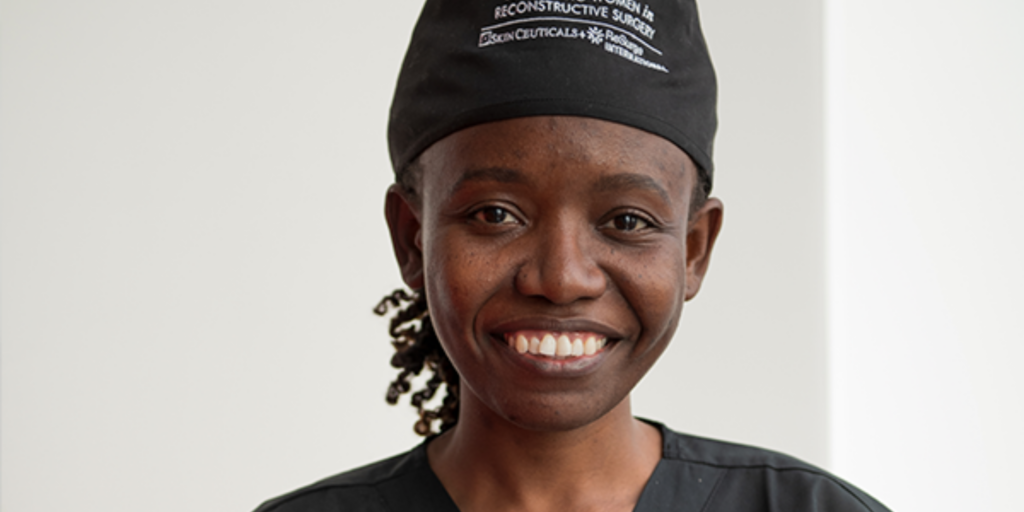
In honor of her perseverance, leadership, and aspirations for a world where no one suffered needlessly due to a lack of access to reconstructive surgical care, ReSurge and SkinCeuticals established the Matolase Mtonga Scholarship, an annual scholarship in her name. May her soul rest in peace as her legacy inspires women surgeons worldwide.
Expanding the Matolase Mtonga Scholarship Program
This year, with the generous support of Skinceuticals, we expanded the Matolase Mtonga Scholarship Program, awarding five women scholarships earlier in 2023, and announcing another eight for the end of 2023, for a total of thirteen for the year. Since we started the program in 2022, we have awarded 16 women reconstructive surgeons in low and middle-income countries with this scholarship– supporting them on their personal and professional journey to become reconstructive surgeons delivering care in underserved communities.
Congratulations to our newest cohort of Matolase Mtonga Scholarship winners.
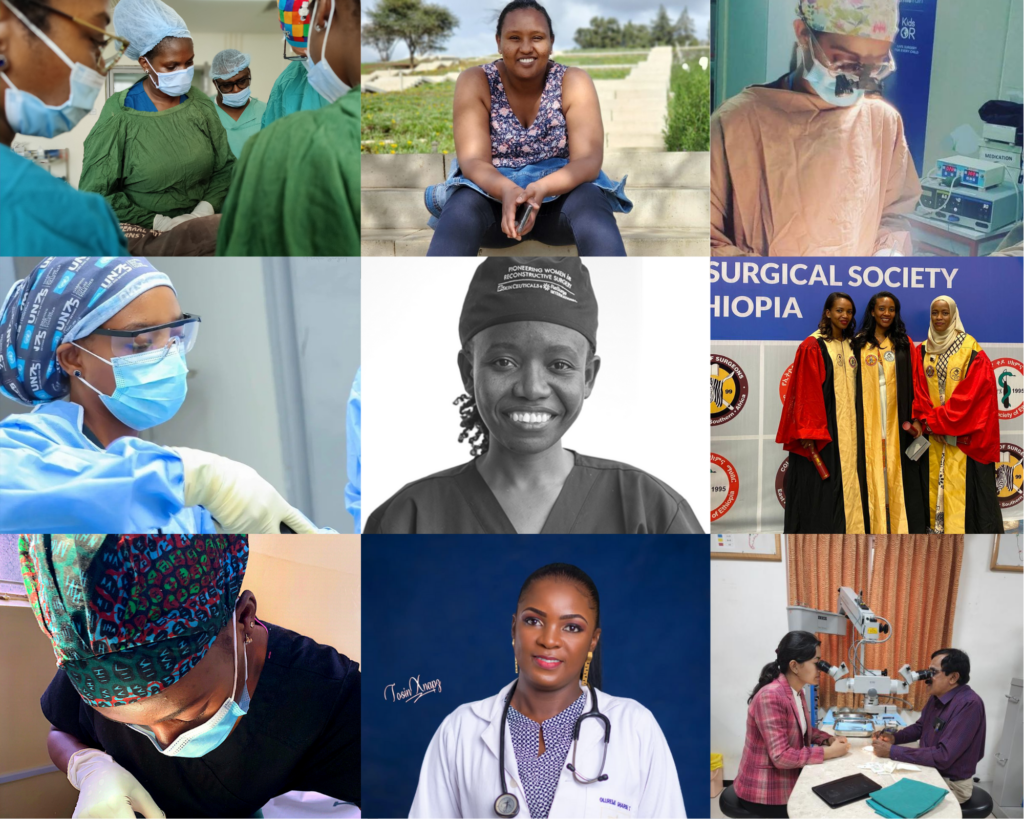
Dr. Faith Atieno, Kenya
Upon observing that reconstructive surgery was only accessible to patients who were in cities with national referral hospitals, Dr. Atieno was motivated to study reconstructive surgery to expand access to surgical care in rural areas.
Dr. Atieno practices medicine in rural Kenya, an area with a high burden of surgically treatable diseases but very few surgeons. Working in rural Kenya, she found options for wound coverage to be limited, made worse by the belief that “whatever could not be covered could not be operated on” –– only further inhibiting access to surgical care.
As a woman, she was further motivated by the lack of reconstructive options for women who battle breast cancer and aims to pioneer breast reconstruction in Western Kenya. She wants to join the tumor board of her regional hospital and offer her expertise in reconstruction to improve cancer treatment. She would also like to participate in research and generate scientific data –– informing and improving the medical practice in her region.
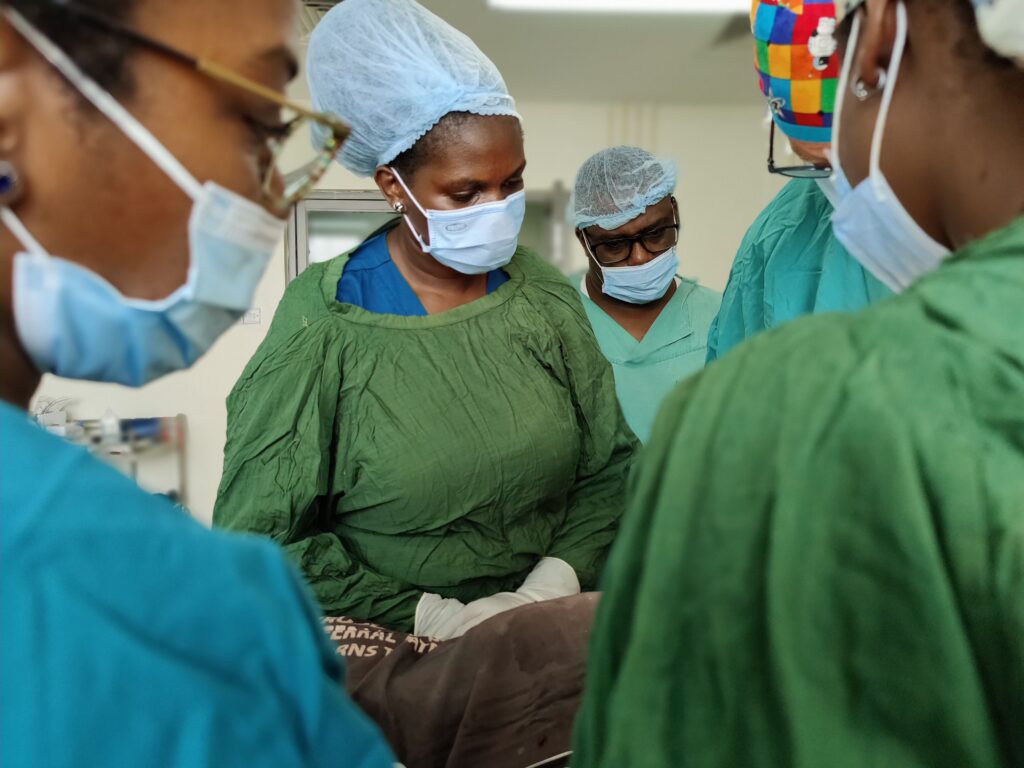
Dr. Firegenet Woldearegay Tafese, Ethiopia
While working as a General Surgeon for two years, Dr. Firegenet Woldearegay was able to treat several gunshot and burn victims. She encountered numerous patients in need of reconstructive surgery but was unable to help them because these patients required the expertise of a reconstructive surgeon. So, she would have to refer them to Addis Ababa. Even then, the majority of patients were unable to afford to go to the capital city and get the treatment they needed, motivating her to pursue reconstructive surgery so she could deliver care to those unable to access it.
Dr. Woldearegay is a general surgeon and a second-year fellow in reconstructive surgery at ALERT and Yekatit 12 Hospital. She recently joined the ReSurge microsurgery workshop in December and all of the ReSurge faculty were incredibly impressed with her skills and focus. We’re so excited to witness the progress and change she’ll drive in reconstructive surgery and are happy to be a part of her journey.
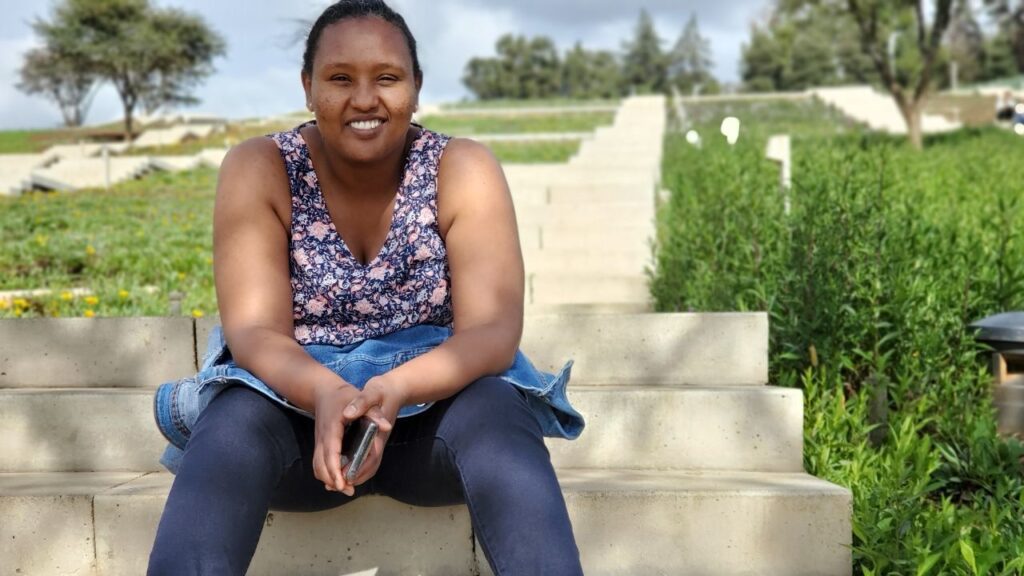
Dr. Hemen Haile, Ethiopia
Growing up in a poor community, Dr. Haile witnessed the struggle faced by people without access to healthcare, inspiring her to pursue a career in reconstructive surgery. She wants to restore hope, provide opportunity, and instill self-confidence and independence in those she serves. As one of the few women reconstructive surgeons in Africa, she aspires to be a role model for young girls and an advocate for underprivileged families who lack access to essential care. Despite facing challenging financial circumstances, she has remained steadfast in her passion for surgery, continually drawing inspiration from the happiness of families and the progress made by patients following surgery.
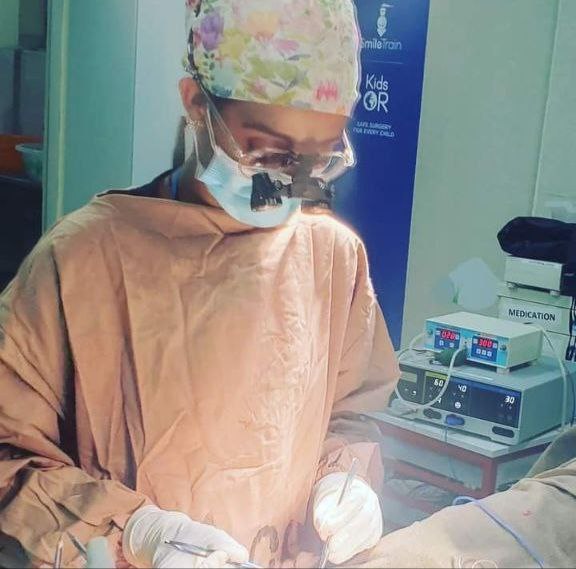
Dr. Jerusha Ogechi, Kenya
At 17 years old, Dr. Jerusha Ogechi survived a gas explosion that left her with severe burn injuries. With scarring all over her body, she lived in fear and denial. She joined the university, overcoming her fears with the support of other burn survivors. Today, Dr. Ogechi is in her final year of plastic surgery residency at the University of Nairobi, Kenya, where she has been able to operate on over 2,000 burn survivors. She is passionate about empowering burn survivors struggling with regaining confidence due to traumatic events. She wants to start a burn support group for burn survivors while offering life-changing surgical care to those who need it.
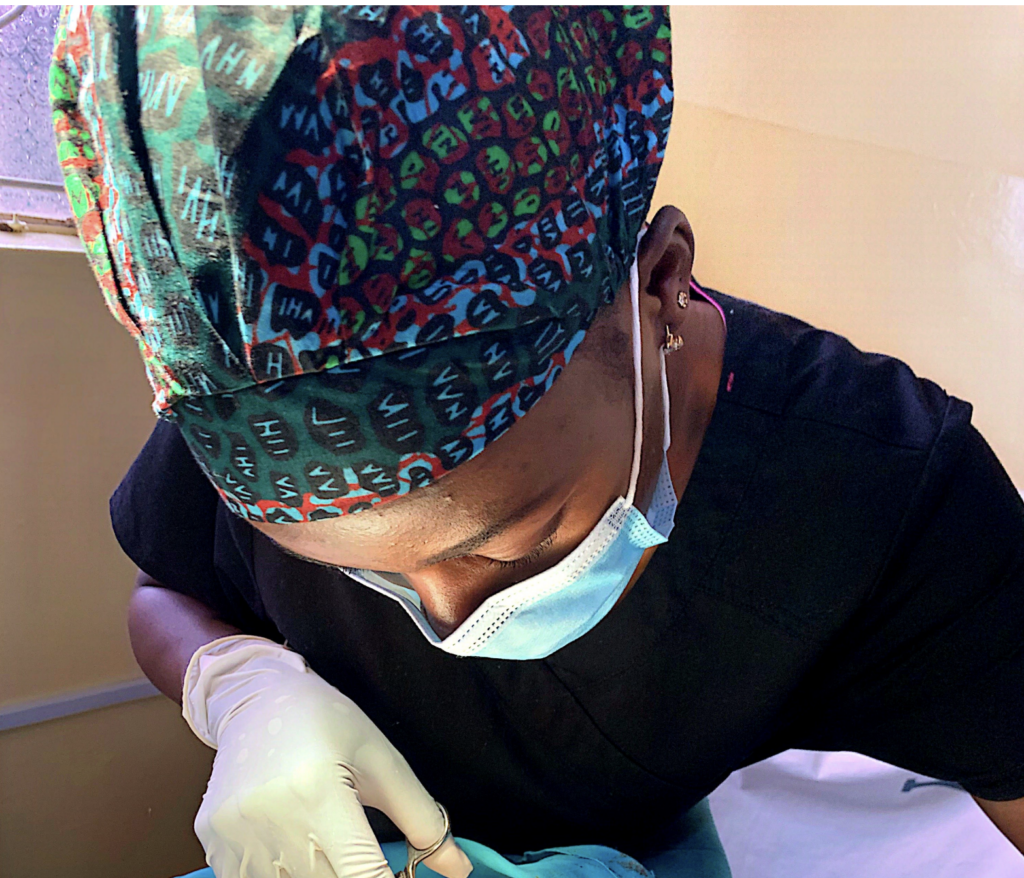
Dr. Sharon Oluremi, Nigeria
Like many women surgeons, Dr. Sharon Oluremi has experienced first-hand the challenges of trying to succeed in a male-dominated field. She wants to train beyond what is available locally by collaborating and seeking knowledge outside the confines of local resources. With this scholarship, Dr. Oluremi aspires to become a reconstructive surgeon who focuses on helping women. She wants to address the need for women surgeons while eliminating the barriers dictated by cultural and religious norms in her environment –– that hinder some women from seeking surgical care.
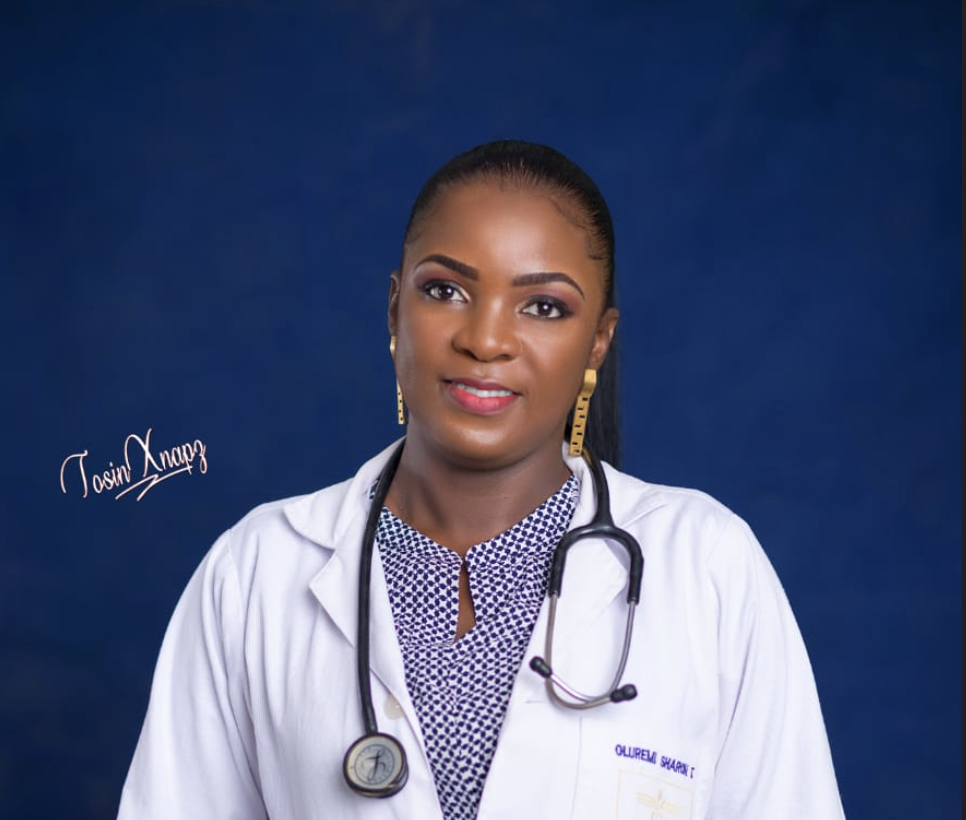
Dr. Pratibha Dhoubhadel, Nepal
Burns are the second most common injury in rural Nepal, leading to 5% of disabilities according to WHO, and without surgery, it can cause a lifetime of stigma in society. Additionally, burns are also among the most common forms of domestic violence in Nepal.
What Dr. Dhoubhadel shares ladders up to a story we at ReSurge are all too familiar with. According to an article we published in Think Global Health, 80% of acid-attack victims are women—and an estimated 40% of cases are never reported. Dr. Dhoubhadel has witnessed lives change, from one filled with struggle to one filled with opportunity when people can access reconstructive surgery.
Working in rural Nepal has been incredibly rewarding. She has found value in learning how to work with limited resources, fostering awareness in areas without access to health literacy, and facilitating positive change. She is passionate about healthcare access, equity, and minimizing healthcare disparities.
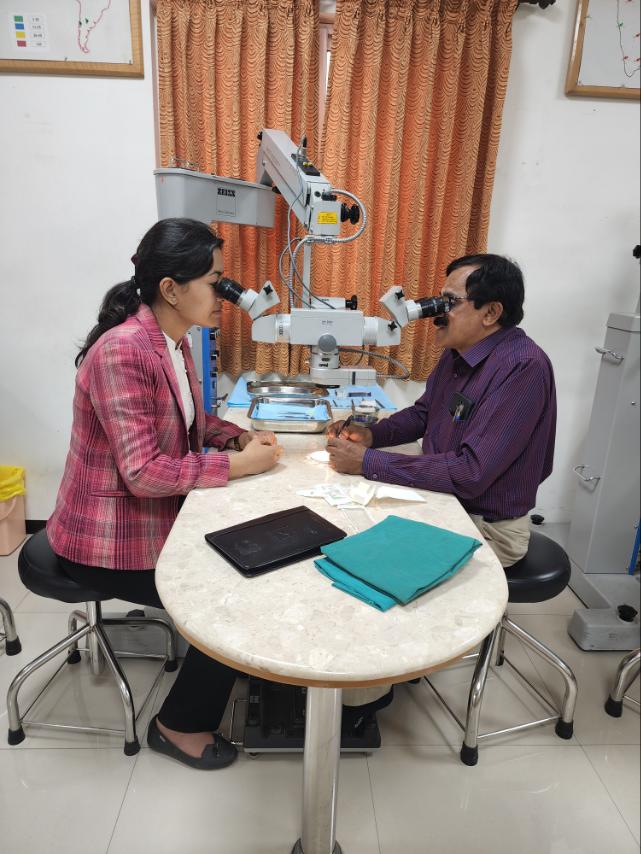
“Reconstructive surgery also boosts self-esteem and confidence in patients. My motivation is a combination of commitment to social justice, altruism, a genuine desire to make a positive life-long impact in the lives of the less fortunate, and professional fulfillment.” – Dr. Pratibha Doubhadel
Dr. Zebiba Mekha, Ethiopia
While working at ALERT hospital, Dr. Mekha witnessed a young child from rural Ethiopia who suffered a severe hyena bite resulting in the loss of a significant portion of his scalp and forehead. Due to the unavailability of free flap services in the vast majority of the country, the child did not survive. The surgical team was unable to provide the necessary wound coverage, leading to severe malnutrition and sepsis.
At ALERT, Dr. Mekha had the opportunity to witness numerous physical and psychological transformations made possible by reconstructive surgery. This case, in particular, coupled with the unwavering dedication and motivation of the surgeons, catalyzed her decision to pursue a career in the field. Dr. Mekha hopes to pursue a fellowship in microsurgery, a crucial component of surgical care with success rates as high as 97%-99% in high-income countries, that remains largely nonexistent in Sub-Saharan Africa.
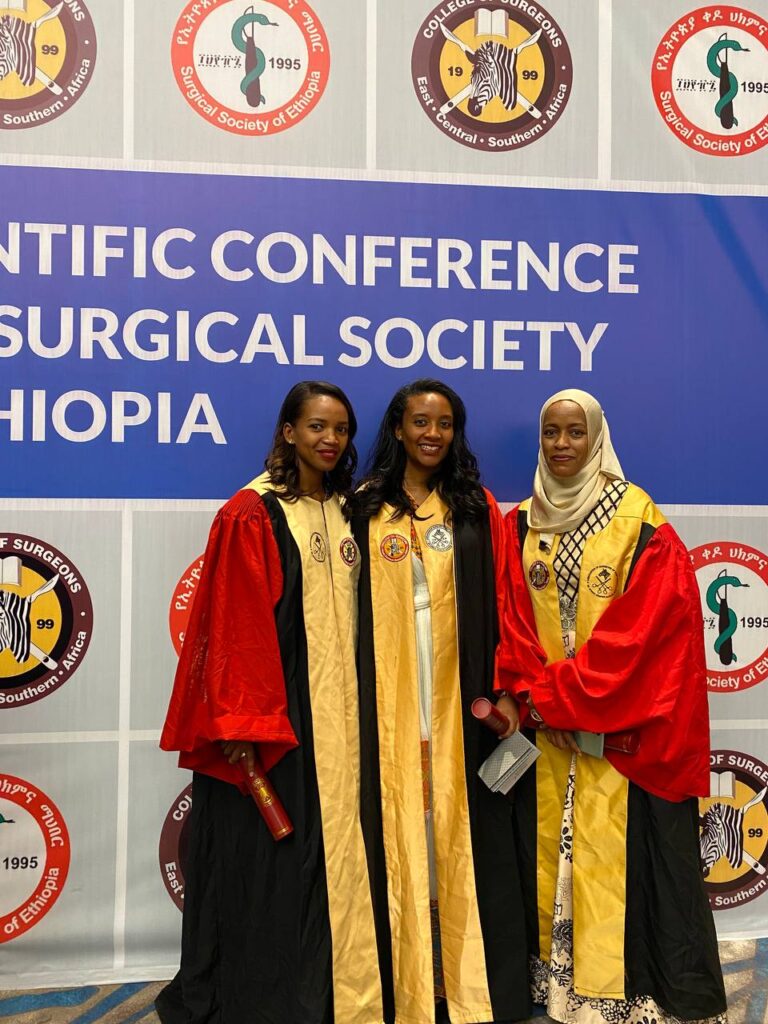
“I am driven by a burning desire to establish microsurgery services in my home country, Ethiopia, which is densely populated with over 100 million people, yet currently lacks this essential surgical specialty.” – Zebiba Mekha
Dr. Dlamini Namonde Alice, Eswatini
Witnessing the dire need for more African female surgeons, Dr. Dlamini Namonde Alice is committed to providing surgical care to patients who urgently need it. Currently, Eswatini does not have public access to reconstructive surgery and has to refer patients to neighboring countries for cleft palate repair, burn recovery, post-mastectomy reconstruction, and post-trauma care.
Dr. Namonde has dedicated her time and savings to her education and professional development in reconstructive surgery, including hands-on experience in the emergency and operating room, learning from experts in various fields of medicine worldwide, and nurturing conducive relationships while learning Kiswahili so that she can conduct her medical studies in Kenya.
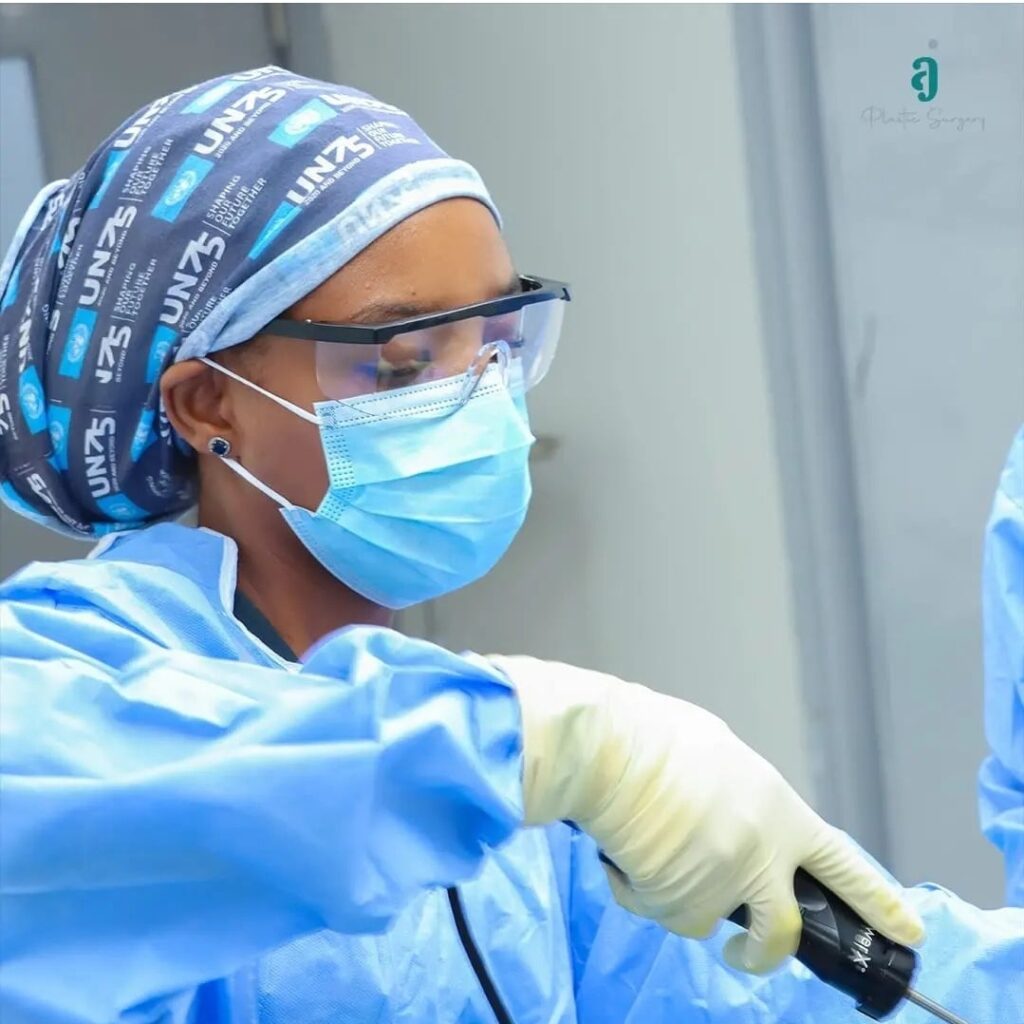
–
We are excited for you all to join our community of Matolase Scholars and for you to continue the legacy of Matolase Mtonga. We look forward to the transformative impact you will have worldwide. To learn more about our Matolase Scholars in past years, read more (here and here).

